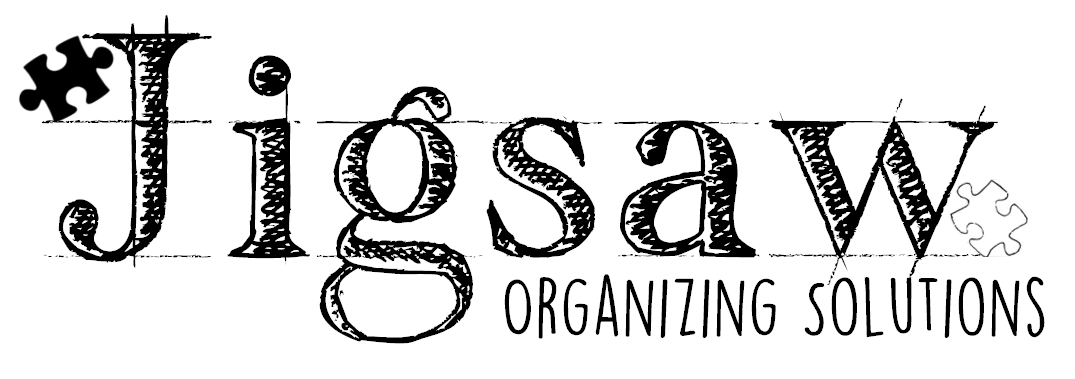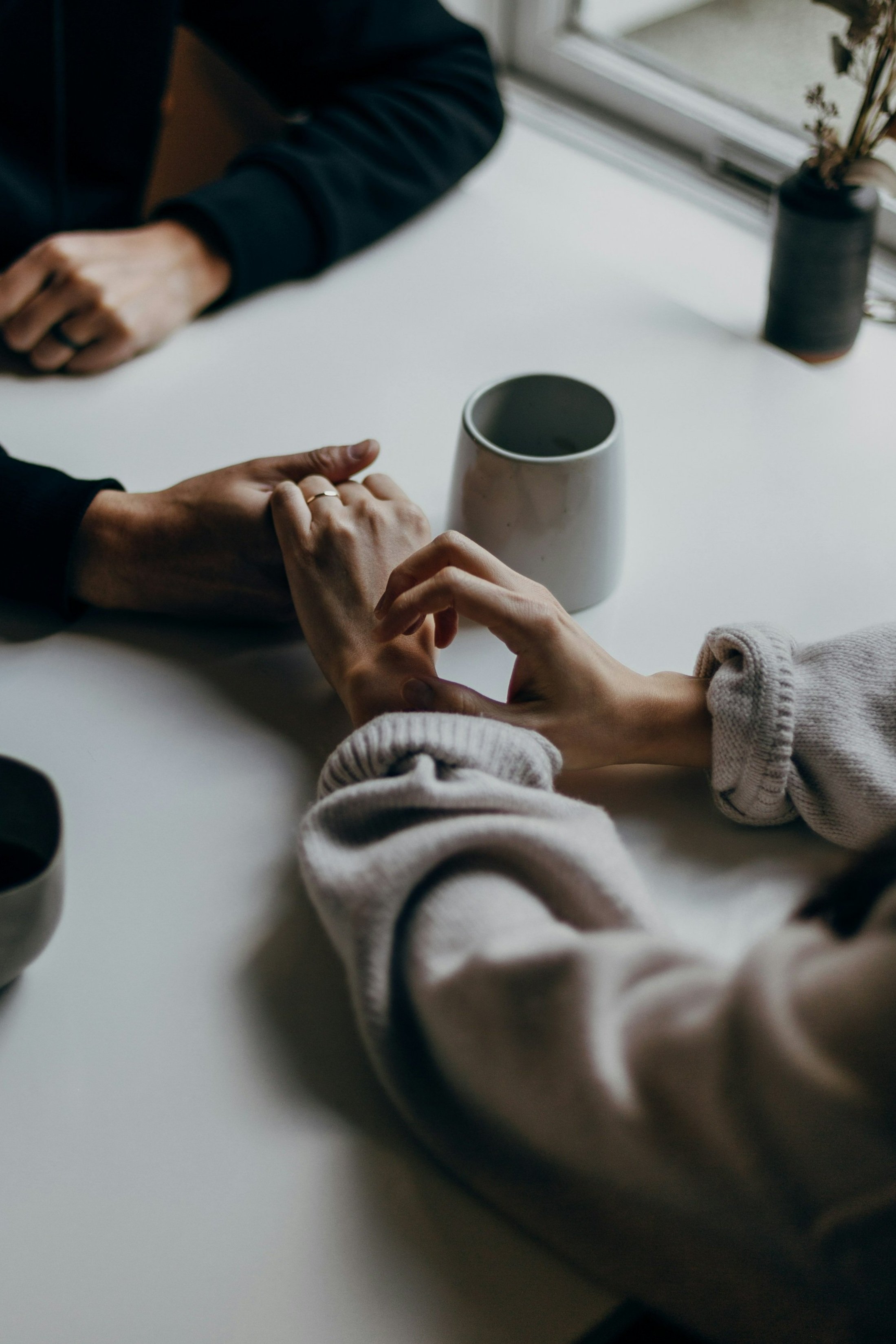When most people think about the term “minimalism”, they think about white, stark walls, bare shelves, and one shirt hanging in a closet… Unfortunately these are the images people use when they write articles on the subject, so of course that’s how most people visualize it!
Minimalism is about living with less, but not necessarily to an extreme. Like life itself, the goal of minimalism will be different for each person, based on their aesthetics and goals. Some may go down to a very barren space, whereas some will still have vibrancy and colour, just with more intention behind what is kept.
Why do people strive to be minimalist? Many of my clients think of the term like a dirty word, like it is something to be afraid of. But minimalism has many benefits!
1. Financial
Think about it. How many times have you re-purchased something because you forgot you already had one, or because you couldn’t find it? With minimalist living, you are living with less, and because of that, your things are easier to find. You will also be spending less money because impulse purchases will be a thing of the past! No more regretful purchases because something looked cute in the store, but lost its lustre when you brought it home.
2. Sustainability
Typically how people make purchases is to shop for “deals”, and buy items in excess for when the first one inevitably breaks down or wears out, and then swap it out for the next. When living a minimalist lifestyle, you will be putting thought into your purchases, doing research beforehand, and acquiring items that are of good quality – that will actually last a long time!
Clothing, technology, household goods – imagine if you didn’t have to replace them because they get worn out? Imagine treating your items with such care and focusing on repairing items rather than tossing them (because it’s more financially viable to do so)? It is almost unheard of in today’s world, but it is possible! There’s a really fabulous website created by Tara Button (author of A Life Less Throwaway), called Buy Me Once, where you can search and find items that are really well-made – some of which even have a lifetime guarantee! When you are living minimally, sustainability just comes naturally.
Purchasing an expensive and well-constructed item is typically more cost effective than re-purchasing an item every time it wears out, so why not do it right the first time?! Buying secondhand items is often a great way to source well-made items, because they’ve typically already lasted through someone’s uses before it was donated!
3. Accessibility
Your clutter will essentially vanish when you transition to minimalist living, because you will only be keeping what you actually use and like. Clutter is generally the items that you are keeping for “just in case” scenarios, or items that you purchased and no longer want, or gifts from people that you don’t actually want or use. When you’re living minimally, those items will not fit the criteria of “keep”.
With less (or no) clutter, your home will become easier to clean because there will probably not be anything stored on the floor, and there will be less items scattered on top of bookshelves. With a more curated collection of artwork and knickknacks, it will be less items to dust! Doesn’t that sound ideal!? Not only will your home be easier to clean, but it will be easier to maneuver and find items in your space!
4. Connection
When living minimally, you are focusing less on material things, and more on your relationships and experiences. When you don’t have to worry about purchasing the latest fashion trend, or replacing that cheap appliance that just broke, you can focus on what really matters to you. Minimalism can also extend into your calendar – you will become more selective about what you spend your time doing.
Maybe you can spend some time volunteering in your community, or starting your own business. With less clutter around you, maybe you’ll finally feel inspired to work on those crafting projects that have been collecting dust in the closet for years! You will naturally become more connected to those around you, but also to yourself, by prioritizing your needs and passions.
5. Mental Health
Keeping up on trends, seeing clutter everywhere, having financial problems because of impulse purchases – all of these things affect our mental health. When you adopt a more intentional and minimal lifestyle, you will surely feel less stress and anxiety about your physical space, but also about what you are doing with your life.
Our lives are more important than the “stuff” we acquire along the way, and I think that we’ve forgotten that. We live in such a consumerist world, where we are constantly being bombarded by advertisements that tell us how we are failing as partners, parents, or citizens. These ads tell us we are to feel shameful about our bodies, how much money we make, or what we do in our spare time.
When you become more intentional about what your goals are, and what you want to have in your life, it frees you of this burden of what you’re “supposed” to do. You are in control of your life! You just maybe haven’t thought about it like that lately.
So, who’s ready to get started? Get in touch with me today if you’re looking to live more minimally and sustainably!









